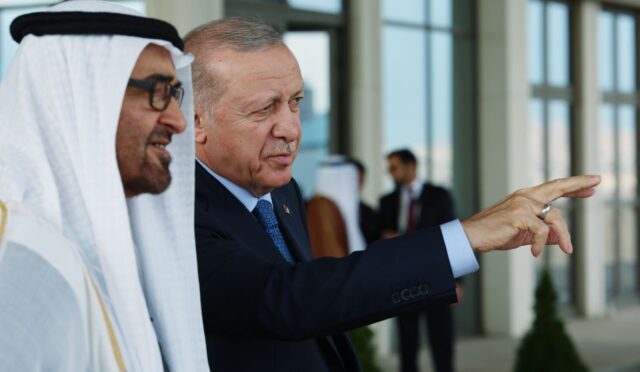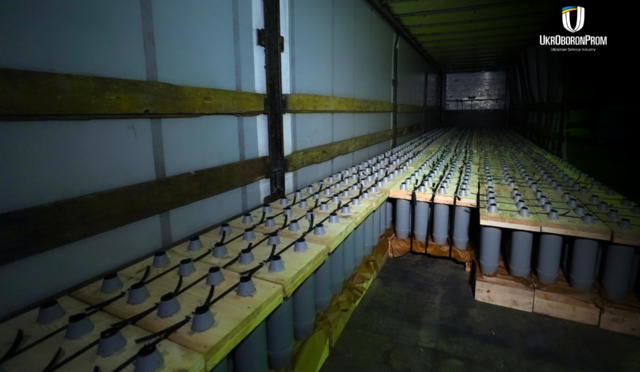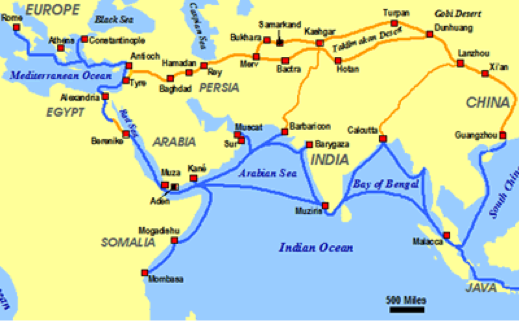Finland’s Withdrawal from the Ottawa Treaty
**Finland, a NATO member sharing the longest border with Russia, has announced its plans to withdraw from the Ottawa Treaty, which prohibits anti-personnel mines. This significant decision was confirmed by Finnish President Alexander Stubb, amid an environment of changing defense strategies in response to regional threats.**
The move comes shortly after neighboring countries such as Lithuania, Latvia, Estonia, and Poland expressed their intentions to reconsider their commitments to the treaty. This potential collective shift aims to bolster their defensive capabilities along the vulnerable borders with Russia. Stubb explained that Finland’s decision was supported by an extensive evaluation from relevant government ministries and the Defense Forces.
Significance of the Ottawa Treaty
The Ottawa Treaty, established nearly three decades ago, currently has 133 signatories and 165 total parties, according to the latest figures from the United Nations. However, notable absent ratifications from countries such as Russia, Belarus, the United States, and China have raised questions regarding the treaty’s effectiveness and relevance in contemporary geopolitics.
In light of the current conflict in Ukraine, where mines have been heavily deployed by Russian forces, Finland’s withdrawal signals a shift in military strategy that prioritizes national security. The UN has reported that Ukraine became the most mined country globally last year, with an alarming presence of “hundreds of thousands of unexploded ordnance,” highlighting the complex realities of mine warfare.
The Impact of Mines in Modern Warfare
The ongoing war in Ukraine illustrates the paradoxical nature of landmines in military engagements. While they pose significant risks to civilian populations due to leftover unexploded devices, mines can serve as a crucial defensive tool for troops defending their territory against aggressive incursions. This dual use of mines exemplifies the ongoing debate about the humanitarian impacts of such military strategies.
Finnish Prime Minister Petteri Orpo noted the defensive advantages that European countries, including Finland, are keen to pursue. During an April 1 press conference, he stated, “Withdrawing from the Ottawa Treaty will give us the opportunity to prepare more comprehensively for changes in the security environment,” signaling a broader pivot towards enhanced military readiness.
Increased Defense Spending and Regional Security
In a related statement, President Stubb announced Finland’s intention to increase its defense spending to 3% of its Gross Domestic Product by 2029. This commitment reflects a strategic response to evolving threats and an adjustment to defense postures in light of regional tensions.
Finland’s approach, alongside the similar decisions by Poland and the Baltic states regarding the anti-personnel mine treaty, underscores a collective reevaluation of security strategies in response to the current geopolitical landscape. As countries grapple with the implications of their defense policies, it remains clear that the conversation about landmines and military engagement is far from over.







